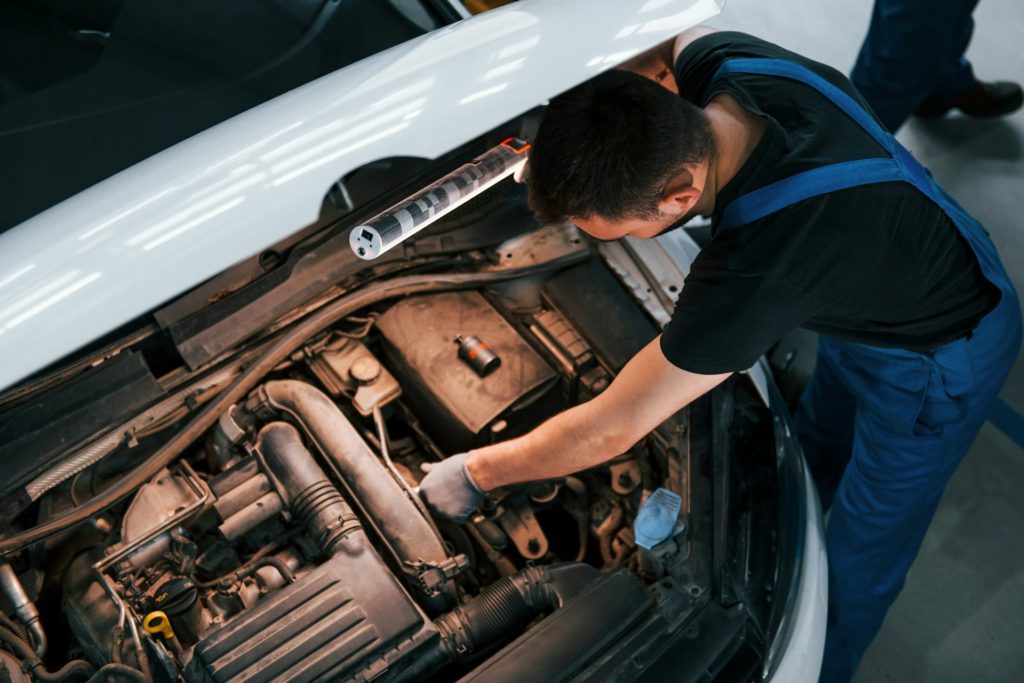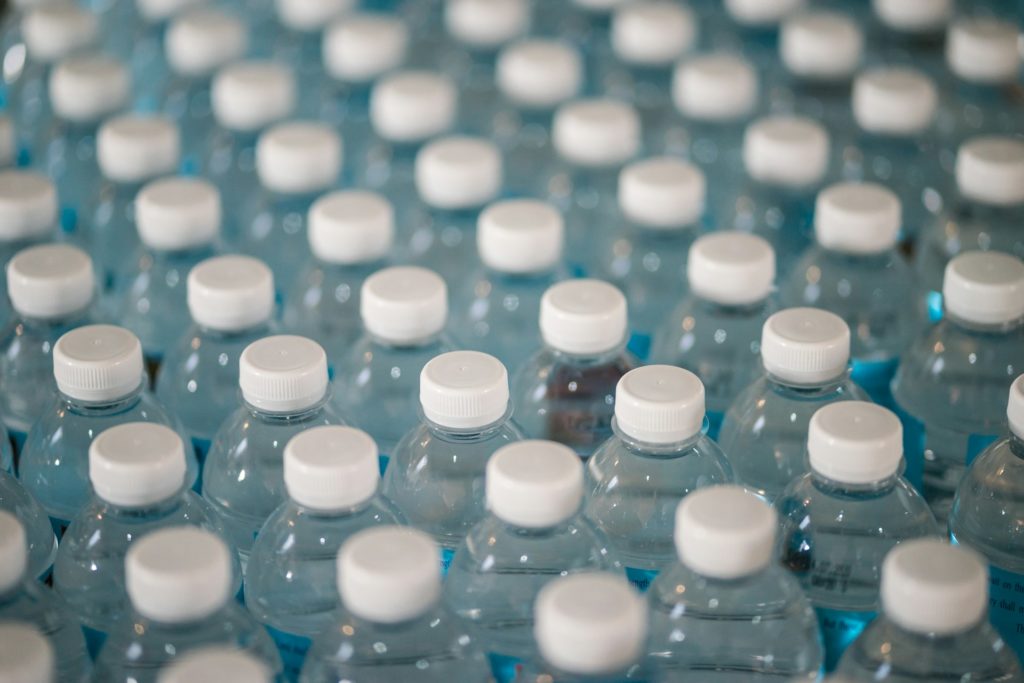As businesses in the automotive and manufacturing sectors prepare to face the Plastic Tax, many look for innovative ways to adapt their operations to align with these new regulations while maintaining their competitive edge. One such strategy is embracing closed-loop manufacturing, which focuses on creating a circular economy within these industries by minimising waste, reducing resource usage, and integrating reprocessed materials into production processes.
Closed-loop manufacturing is a revolutionary approach that can help businesses adhere to Plastic Tax requirements and significantly contribute to their long-term sustainability goals. By using reprocessed materials in the production cycle and prioritising the recovery, reprocessing, and reintroducing materials, closed-loop manufacturing drives down waste, conserves resources, and reduces the overall environmental impact.
1. The Closed-Loop Manufacturing Approach: A Path to Sustainability and Tax Savings
Closed-loop manufacturing, often called circular manufacturing, is centred around reducing waste, reusing materials, and creating an efficient system that minimises environmental impact while maintaining profitability. Through this method, companies can effectively achieve regulatory compliance with the Plastic Tax and enjoy cost savings and sustainability benefits. Key components of the closed-loop manufacturing process include the following:
- Resource Recovery: Collection and segregation of waste materials, such as plastic, for reprocessing and future use in new products or packaging.
- Reprocessing Services: Specialised services, such as those offered by Pulse Plastics, to transform recovered waste materials into high-quality reprocessed materials ready for reintroduction within the production cycle.
- Integration of Reprocessed Materials: Utilising the reprocessed materials in manufacturing processes, maintaining product quality while introducing sustainable components into the mix.
- Continuous Improvement: Monitoring, analysing, and refining the closed-loop process to enhance efficiency, minimise waste and maximise overall sustainability.
2. Advantages of Embracing Closed-Loop Manufacturing
Adopting a closed-loop manufacturing system offers many advantages for businesses in the automotive and manufacturing sectors. Some of these benefits include the following:
- Plastic Tax Compliance: By integrating reprocessed materials into products or packaging, businesses can meet the Plastic Tax’s minimum requirement of 30% recycled content, avoiding penalties and ensuring regulatory compliance.
- Cost Savings: Pulse Plastics’s reprocessing services allow businesses to implement a closed-loop system that facilitates claiming tax back, making for a more cost-effective manufacturing process.
- Enhanced Sustainability: Closed-loop manufacturing contributes positively to environmental conservation, promoting resource efficiency and waste reduction by keeping materials in a continuous loop within the system.
- Competitive Advantage: Businesses that successfully adopt closed-loop manufacturing can differentiate themselves from competitors by showcasing their commitment to sustainable practices, leading to increased customer loyalty and market share.
3. Pulse Plastics: Facilitating Closed-Loop Manufacturing Through Reprocessing Services
Pulse Plastics, a UK-based independent specialist plastic solution provider, is crucial in helping businesses transition to a closed-loop manufacturing model. Their reprocessing services enable automotive and manufacturing companies to reintegrate reprocessed materials into their operations, moving towards a circular model while meeting the Plastic Tax requirements. Critical features of Pulse Plastics’s services include the following:
- Expert Consultation: Pulse Plastics offers expert guidance to businesses seeking to implement closed-loop manufacturing practices, helping them achieve compliance with Plastic Tax regulations and sustainability aspirations.
- High-Quality Reprocessed Materials: Pulse Plastics provides top-tier reprocessed materials to ensure product quality in automotive and manufacturing production processes.
- Ongoing Support: Pulse Plastics provides continued support, ensuring your business stays abreast of any changes to regulations or practices and continues to focus on improving closed-loop operations.
4. Strategies for Integrating Closed-Loop Manufacturing into Your Business
Successfully adopting a closed-loop manufacturing model requires strategic planning and execution. The following strategies can help businesses effectively integrate closed-loop practices within their operations:
- Conduct a Comprehensive Assessment: Analyse your current production processes, material usage, and waste management strategies, identifying areas where reprocessed materials can be incorporated and identifying opportunities for process optimisation.
- Establish Measurable Goals: Set clear objectives for implementing closed-loop manufacturing practices that conform to Plastic Tax regulations and contribute to your business’s overall sustainability targets.
- Collaborate with Pulse Plastics: Engage with Pulse Plastics to acquire high-quality reprocessed materials and expert guidance to enable a smoother transition into closed-loop manufacturing.
- Train and Educate Staff: Ensure your team members have the necessary skills and knowledge to work with reprocessed materials and contribute to your company’s sustainability goals through closed-loop practices.
- Monitor and Adjust: Continually assess the efficiency of your closed-loop manufacturing process, making any necessary adjustments to improve performance, reduce waste, and ensure ongoing compliance with Plastic Tax requirements.
Conclusion
As the automotive and manufacturing sectors face the implications of the Plastic Tax, now is the perfect time for businesses to embrace closed-loop manufacturing practices. With Pulse Plastics’s reprocessing services, companies can seamlessly incorporate reprocessed materials into their operations, reduce their environmental impact, and enjoy the financial benefits of tax savings and increased efficiency.
Partner with Pulse Plastics to adopt innovative plastics solutions and commit to a closed-loop manufacturing system. This will help your business achieve greater sustainability, compliance, and cost savings, paving the way for long-term success. Take the first step towards your company’s cleaner and greener future by embracing closed-loop practices today with Pulse Plastics’ innovative plastics solutions.


